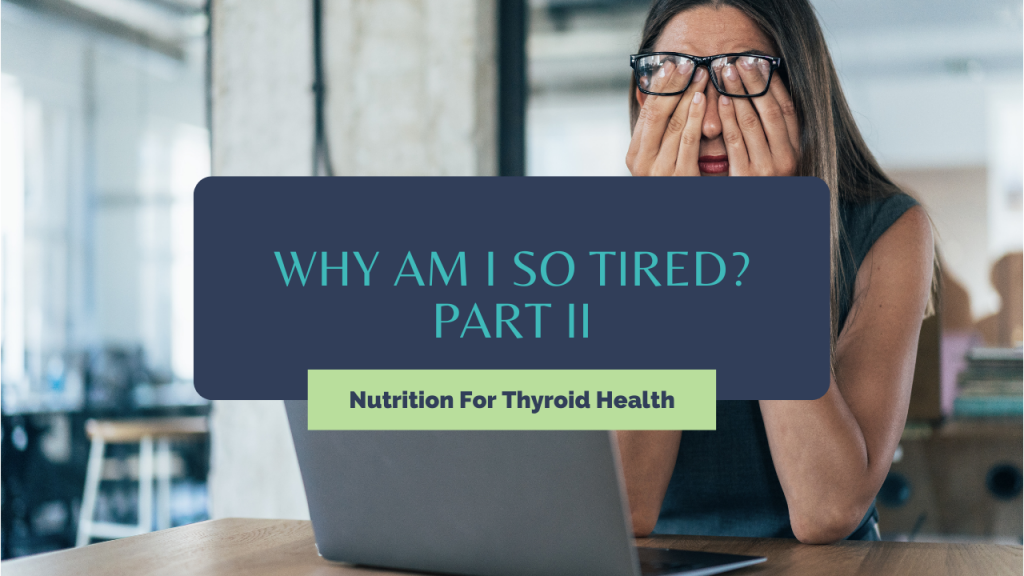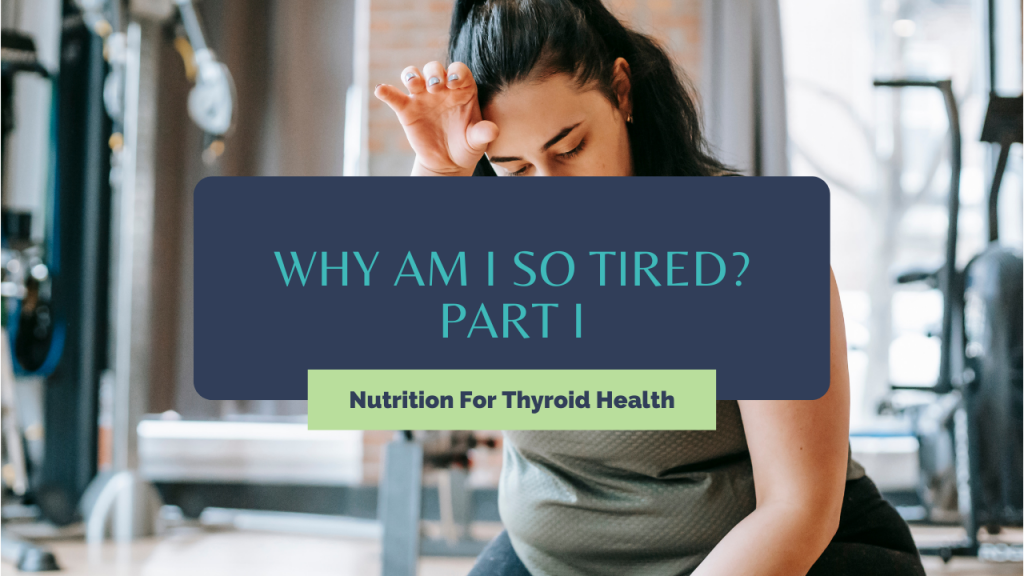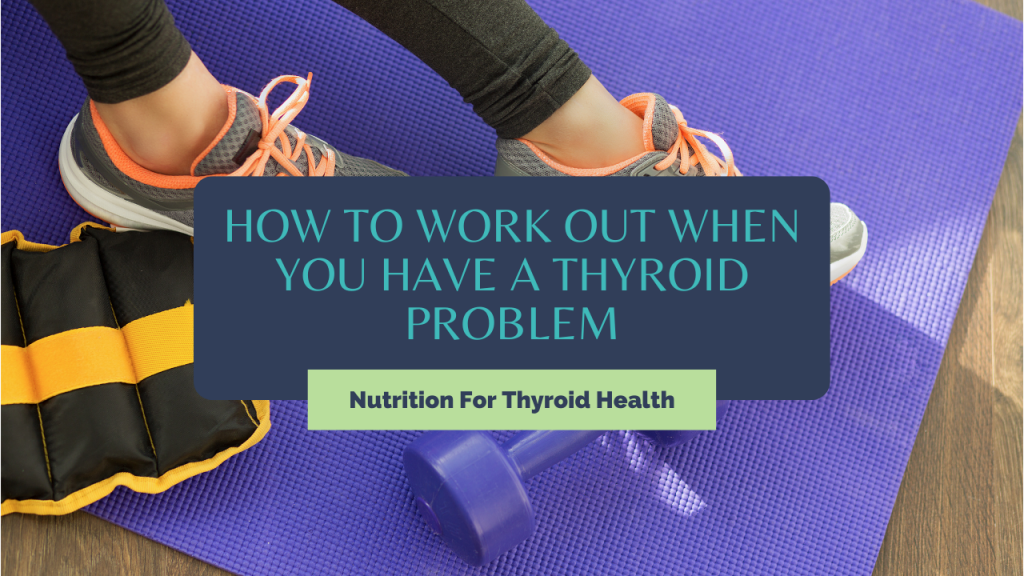Yellow Foods for Better Energy
Yellow foods are often overlooked in favor of their more colorful counterparts. But these vibrant fruits and vegetables can actually provide a major energy boost, thanks to their high concentration of vitamins and minerals. Eating yellow foods will boost your carotenoids naturally, which will also help boost your energy and help with your thyroid function. Here are just a few of the yellow foods that you should add to your diet if you want to increase your energy levels.
1. Lemons
Lemons are a great source of Vitamin C, which is essential for supporting the immune system. They also contain flavonoids, which have been shown to improve blood circulation and promote healthy skin. In addition, lemons can help to alkalize the body and promote detoxification. Simply add the juice of half a lemon to a glass of water first thing in the morning or drink it throughout the day as a refreshing beverage.
2. Yellow Bell Peppers
Yellow bell peppers are an excellent source of Vitamin C, carotenoids, and B vitamins. Vitamin C is a powerful antioxidant that can help to protect cells from damage, while carotenoids can improve vision and reduce the risk of developing cancer. B vitamins are essential for energy production, so yellow bell peppers make a great addition to any diet if you’re looking to increase your energy levels. They’re also a good source of fiber, which can promote digestive health. Add yellow bell peppers to salads, stir-fries, or eat them raw as a healthy snack.
3. Pineapples
Pineapples are another fruit that’s high in Vitamin C. They also contain bromelain, a protein-digesting enzyme that can reduce inflammation. Pineapples make a great addition to smoothies, or you can eat them on their own as a tasty and healthy snack.
4. Yellow Squash
Yellow squash is a good source of vitamins A and C, as well as potassium and fiber. Vitamin A is important for vision and skin health, while Vitamin C is a powerful antioxidant. Potassium can help to regulate blood pressure, while fiber promotes digestive health. Add yellow squash to soups, stews, or casseroles, or eat it raw with dip as a healthy snack.
5. Corn
Corn is a good source of fiber, vitamins B and C, and carotenoids. Fiber promotes digestive health, while vitamins B and C help the body to convert food into energy. Carotenoids are antioxidants that can help to reduce the risk of developing cancer. Enjoy corn on the cob as a healthy side dish or add it to salads or soups.
These are just a few of the yellow foods that can help to boost your energy levels. Incorporate them into your diet and you’ll be sure to feel more energetic in no time!
7 days to a healthier, more vibrant YOU!
Feed your body well, listen to it, and you will benefit in the long run. In my free meal plan, you’ll get 7 breakfasts, 7 lunches, 7 dinners and 7 snacks that help you do just that. Download my free 7 day meal plan and you’ll get an introduction to eating balanced meals and snacks.
Let’s Connect!
Say goodbye to fatigue and hello to a full and vibrant life! Join me over in my Facebook group where we are talking all about how to take back control of your health!
Be sure to follow me on my Facebook, TikTok, Instagram and Pinterest for tips and tricks on how to use nutrition to live your very best life!
Yellow Foods for Better Energy Read More »





